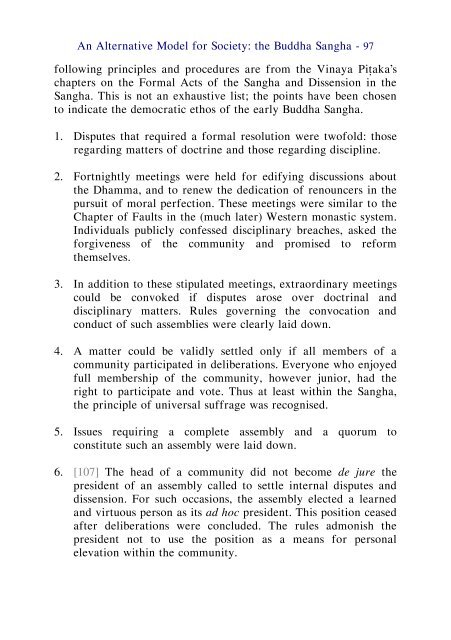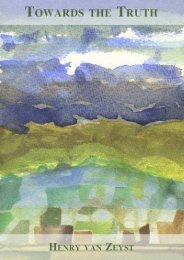Nalin Swaris: Buddhism, Human Rights and Social Renewal
Chapter 1, Foundations of the Western Philosophy of Right Chapter 2, Brahmin Political Theory Chapter 3, The Buddha and His Times Chapter 4, Basic Premises of the Buddha’s Message of Liberation Chapter 5, The Buddha’s Declaration of Human Biological Unity Chapter 6, The Buddha’s Theory of Right Chapter 7, The Buddha’s Theory of Statecraft Chapter 8, The Buddha’s Economic Philosophy Chapter 9, An Alternative Model for Society: the Buddha Sangha Chapter 10, Early Buddhism and Later Centuries Asoka’s Edicts: The First Bill of Human and Animal Rights
Chapter 1, Foundations of the Western Philosophy of Right
Chapter 2, Brahmin Political Theory
Chapter 3, The Buddha and His Times
Chapter 4, Basic Premises of the Buddha’s Message of Liberation
Chapter 5, The Buddha’s Declaration of Human Biological Unity
Chapter 6, The Buddha’s Theory of Right
Chapter 7, The Buddha’s Theory of Statecraft
Chapter 8, The Buddha’s Economic Philosophy
Chapter 9, An Alternative Model for Society: the Buddha Sangha
Chapter 10, Early Buddhism and Later Centuries
Asoka’s Edicts: The First Bill of Human and Animal Rights
You also want an ePaper? Increase the reach of your titles
YUMPU automatically turns print PDFs into web optimized ePapers that Google loves.
An Alternative Model for Society: the Buddha Sangha - 97<br />
following principles <strong>and</strong> procedures are from the Vinaya Piṭaka’s<br />
chapters on the Formal Acts of the Sangha <strong>and</strong> Dissension in the<br />
Sangha. This is not an exhaustive list; the points have been chosen<br />
to indicate the democratic ethos of the early Buddha Sangha.<br />
1. Disputes that required a formal resolution were twofold: those<br />
regarding matters of doctrine <strong>and</strong> those regarding discipline.<br />
2. Fortnightly meetings were held for edifying discussions about<br />
the Dhamma, <strong>and</strong> to renew the dedication of renouncers in the<br />
pursuit of moral perfection. These meetings were similar to the<br />
Chapter of Faults in the (much later) Western monastic system.<br />
Individuals publicly confessed disciplinary breaches, asked the<br />
forgiveness of the community <strong>and</strong> promised to reform<br />
themselves.<br />
3. In addition to these stipulated meetings, extraordinary meetings<br />
could be convoked if disputes arose over doctrinal <strong>and</strong><br />
disciplinary matters. Rules governing the convocation <strong>and</strong><br />
conduct of such assemblies were clearly laid down.<br />
4. A matter could be validly settled only if all members of a<br />
community participated in deliberations. Everyone who enjoyed<br />
full membership of the community, however junior, had the<br />
right to participate <strong>and</strong> vote. Thus at least within the Sangha,<br />
the principle of universal suffrage was recognised.<br />
5. Issues requiring a complete assembly <strong>and</strong> a quorum to<br />
constitute such an assembly were laid down.<br />
6. [107] The head of a community did not become de jure the<br />
president of an assembly called to settle internal disputes <strong>and</strong><br />
dissension. For such occasions, the assembly elected a learned<br />
<strong>and</strong> virtuous person as its ad hoc president. This position ceased<br />
after deliberations were concluded. The rules admonish the<br />
president not to use the position as a means for personal<br />
elevation within the community.
















